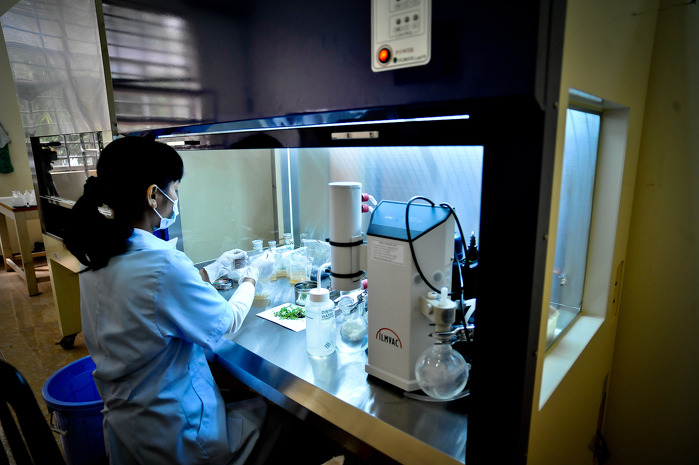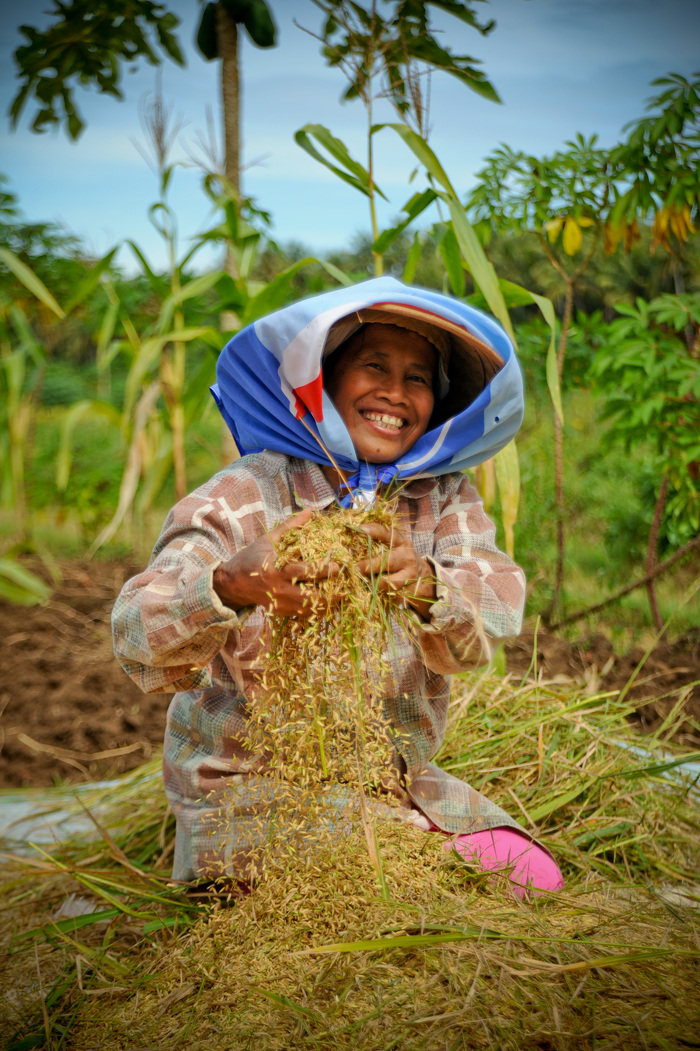Improving Poor Farmers' Livelihoods through Rice Information Technology
Details
Funding
Project Description
The overall objective of the proposed initiative is to improve food security and livelihood of poor farmers in the Greater Mekong Subregion (GMS) through increased application of existing agricultural information, using information and communication technology (ICT) to manage and share information at the national and regional levels. The immediate objectives are to (i) manage and apply information at global and national levels to the local context using ICT to consolidate the process: the Rice Knowledge Bank (RKB) of the web-based information of the International Rice Research Institute (IRRI) will be the main tool to pilot the initiative; this will include identifying and prioritizing information needs of local farmers, and adapting and translating materials into local languages to meet local needs; (ii) institutionalize the use of ICT and adaptation of global information to local context: the RKB will be used in capacity building for agricultural extension workers, information facilitators, nongovernment organizations (NGOs), and other institutions at national and provincial levels; (iii) build and strengthen the knowledge network of agricultural extension practitioners at national and regional levels using RKG as the main tool: Practitioners will be involved in continued updating of RKB information sharing experience and knowledge.
Progress (as of March 2021)
Project closedContacts
| Contact 1 | |
| Contact Name | Makin, Ian William |
|---|---|
| Organization | Asian Development Bank |
| Contact 2 | |
| Contact Name | - |
| Organization | - |
| - | |





